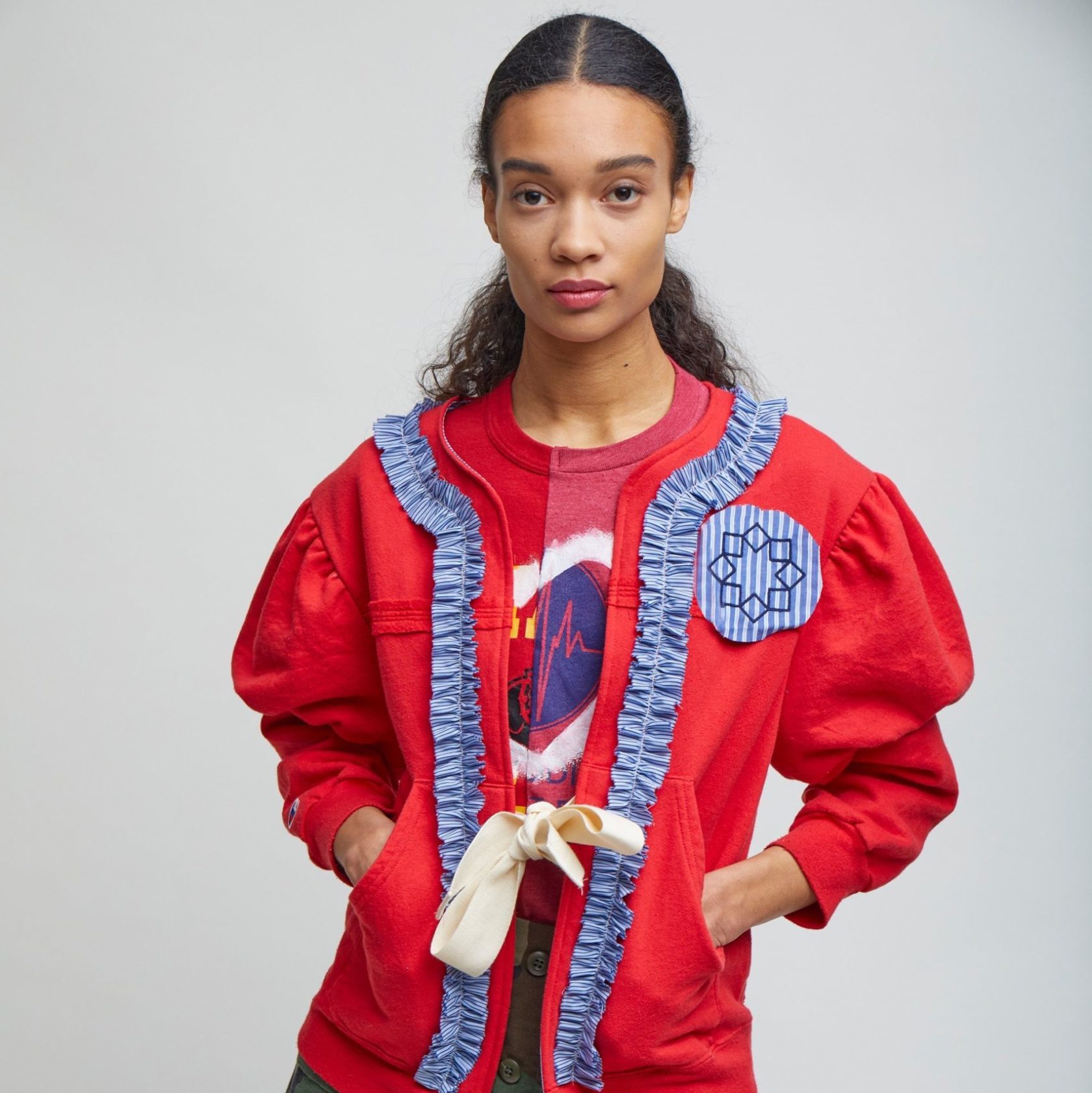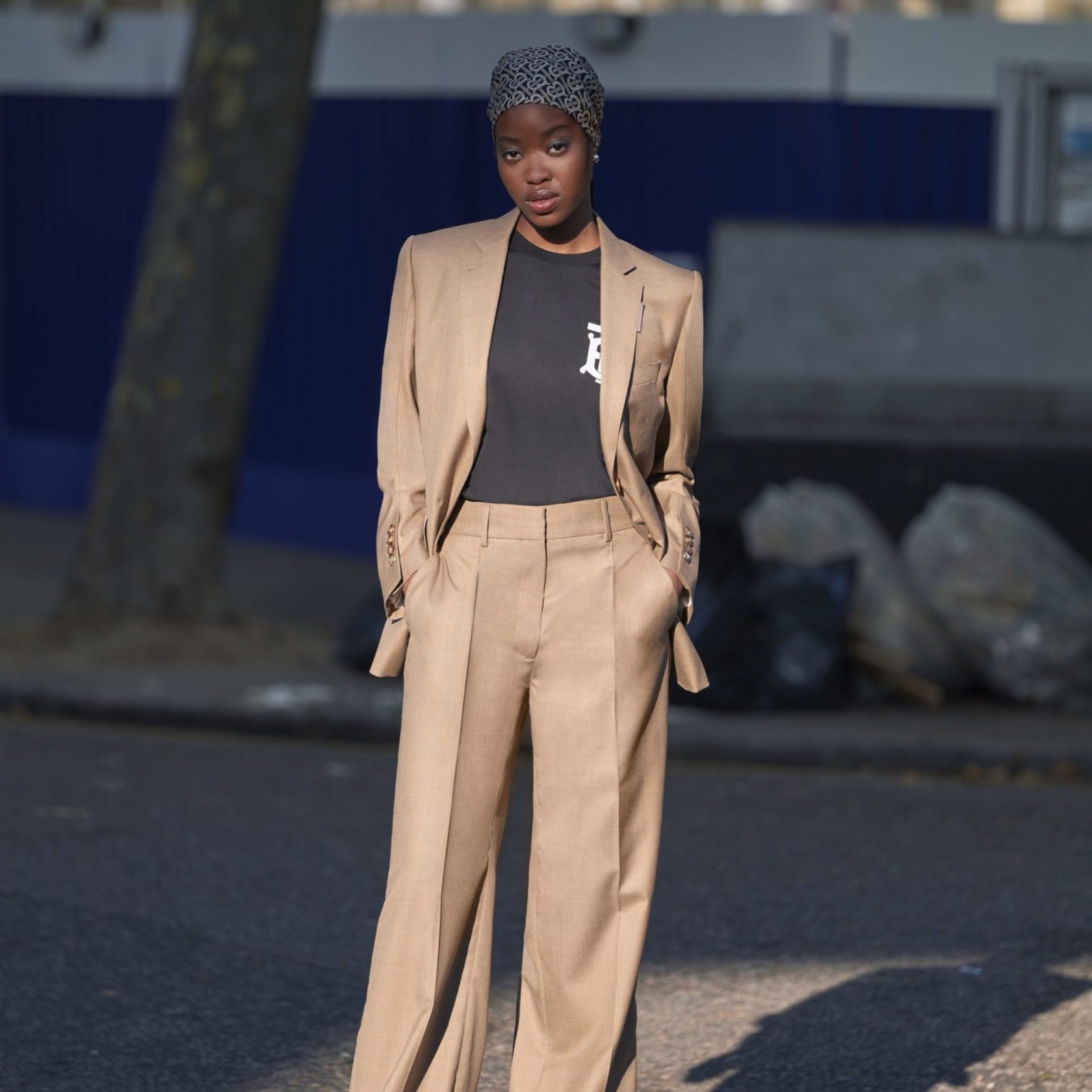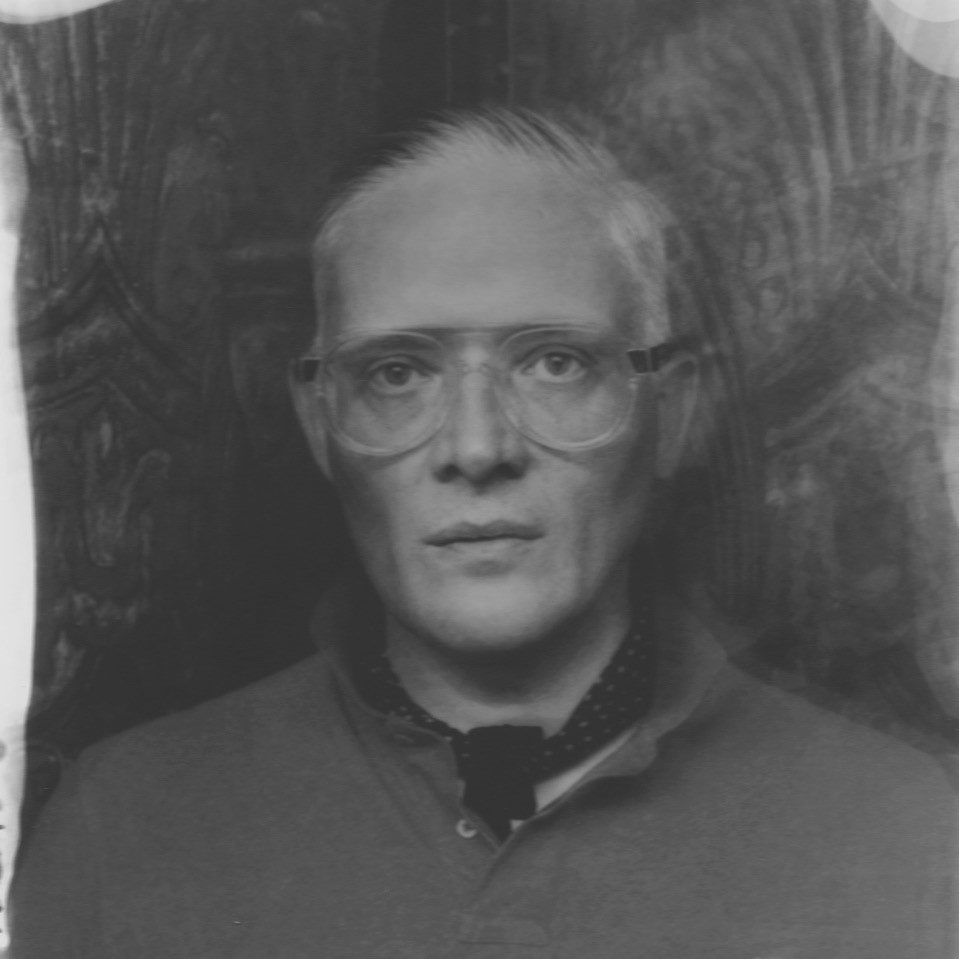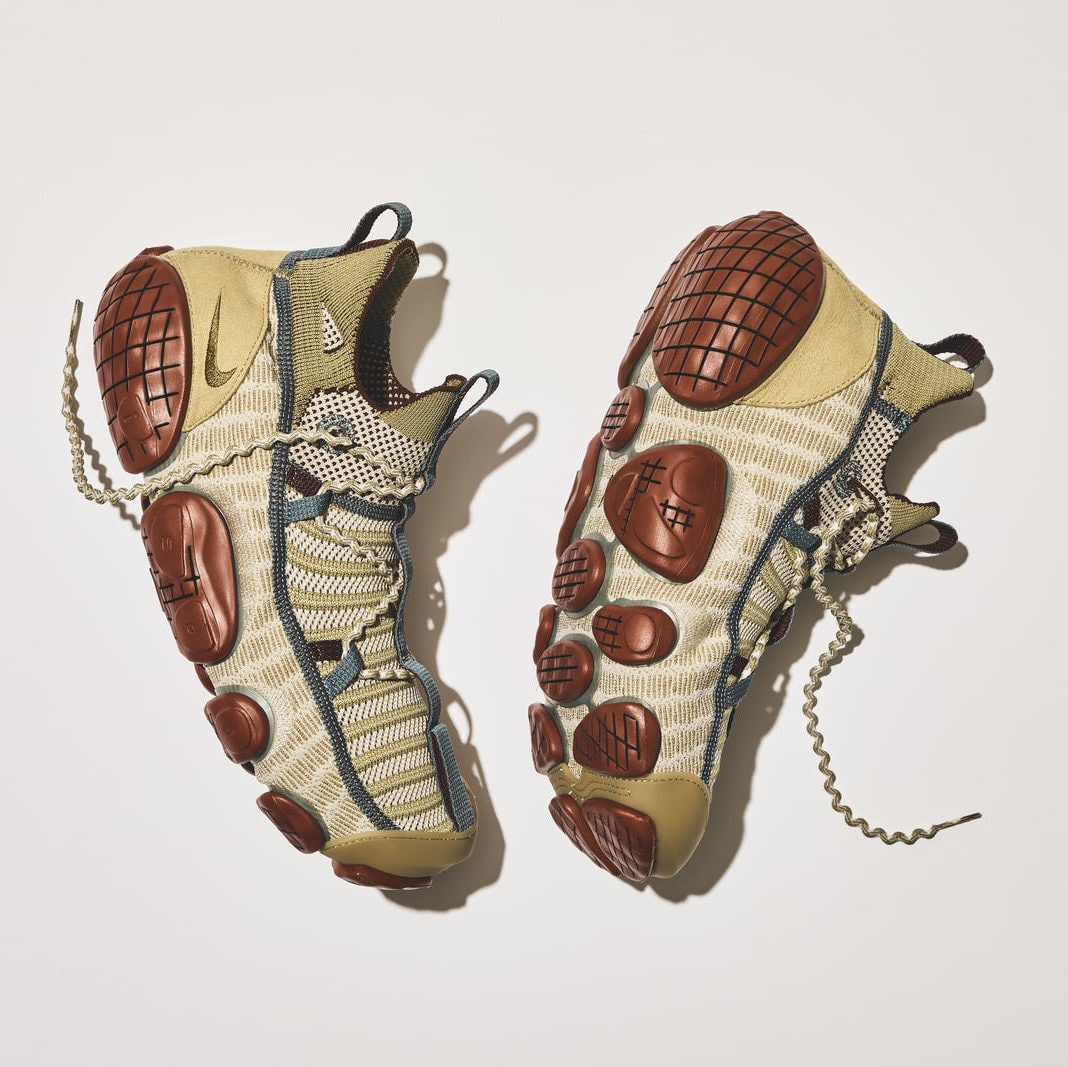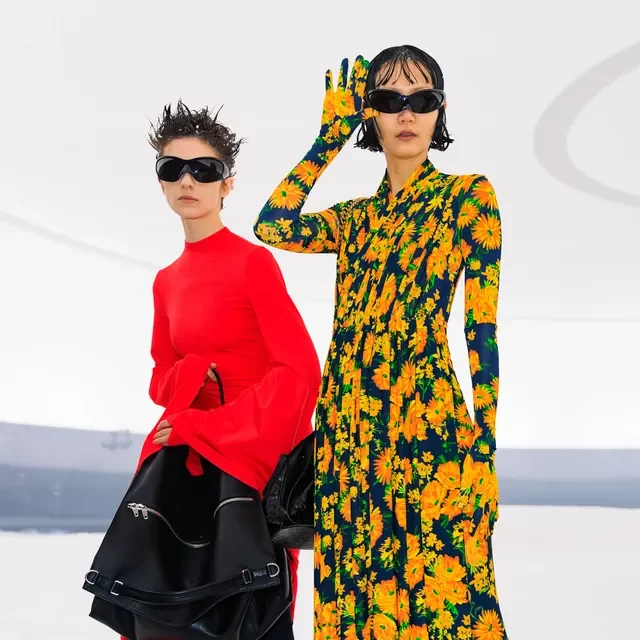September | Take 5
with Venetia La Manna
The digital content creator and fair-fashion campaigner tells us how she broke up with fast fashion and learned to truly appreciate the clothes she has – and the people who made them
Emma Sellsstyle="font-weight: 400;">Venetia La Manna has flawless taste, impeccable style and has turned the art of shopping your wardrobe into a meditative practice. “Once a month, I try to set aside three hours to go through my clothes, to find cool new ways to style up what I already have, and I’ll wear those outfits for the next month or so – and then I’ll do it again,” says the digital content creator and fair-fashion campaigner. “It’s such a sacred, wonderful way to spend time with yourself to re-evaluate your relationship with stuff and to also find joy in the existing.” A reformed fast-fashion addict, La Manna still wants to tap into the joy of expressing herself through getting dressed but, these days, takes a much more considered approach that’s focused on re-wearing, repairing and thrifting. “For me, slow fashion is about how can we truly appreciate the clothes that we have and, of course, through doing that, remembering the people who made them,” she says. “Every piece we wear was made by a pair of hands, or multiple pairs of hands – and as a woman, and as a feminist, I believe that our clothes can be a powerful way to show love and respect for them.”
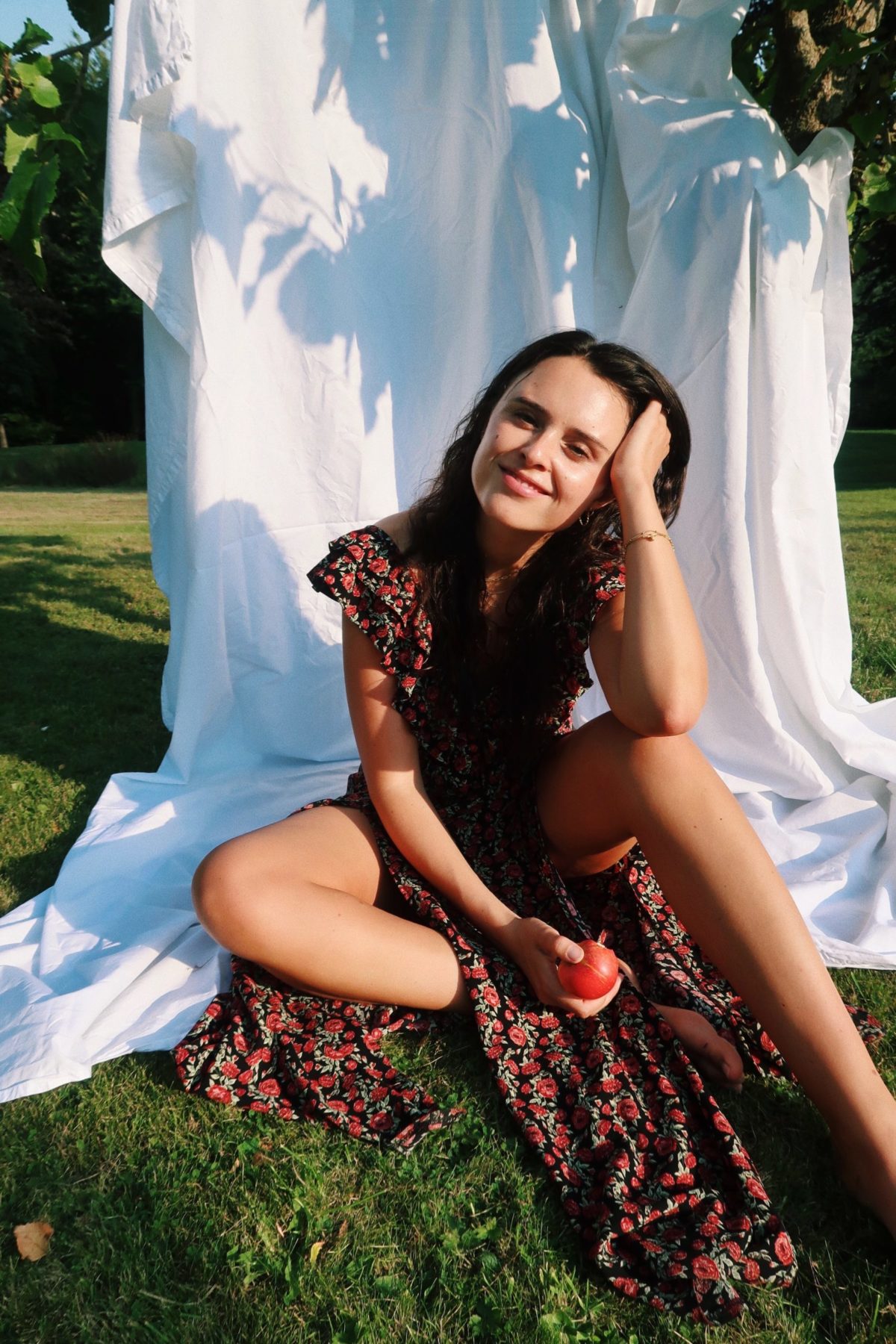
Venetia La Manna, digital content creator and fair-fashion campaigner
“For me, slow fashion is about how can we truly appreciate the clothes that we have and, of course, through doing that, remembering the people who made them. Every piece we wear was made by a pair of hands, or multiple pairs of hands – and as a woman, and as a feminist, I believe that our clothes can be a powerful way to show love and respect for them.”
Venetia La Manna
A former TV producer and presenter, La Manna has a flair for creating engaging and informative content; she’s amassed a following of almost 200,000 across Instagram and TikTok with videos such as her Recipe For Disaster series, calling out fast fashion’s biggest names and their unsustainable and unethical practices; she has a podcast, All The Small Things, on which she interviews thought leaders, experts and activists about the daily rituals that keep them grounded; and is a co-founder of Remember Who Made Them, a campaign started in the early days of lockdown in 2020 to give a platform and voice to the garment workers who weren’t being paid by the global brands that had employed them. When she first stepped into the world of environmentalism, she focused on the individual changes that she could make – from where she shopped and what toilet roll she bought to embracing a vegan diet. These days, while she’s still a day-to-day conscious consumer, she’s shifted her focus and is trying to influence change on a much bigger scale. “The number one priority for the fashion industry should be paying fair living wages to garment makers,” she says. “The second is a drastic decrease in overall output by all big fashion brands. So much of their business model is about encouraging over-consumption, they’ve given us this false idea that our clothes are disposable and that is so harmful.”
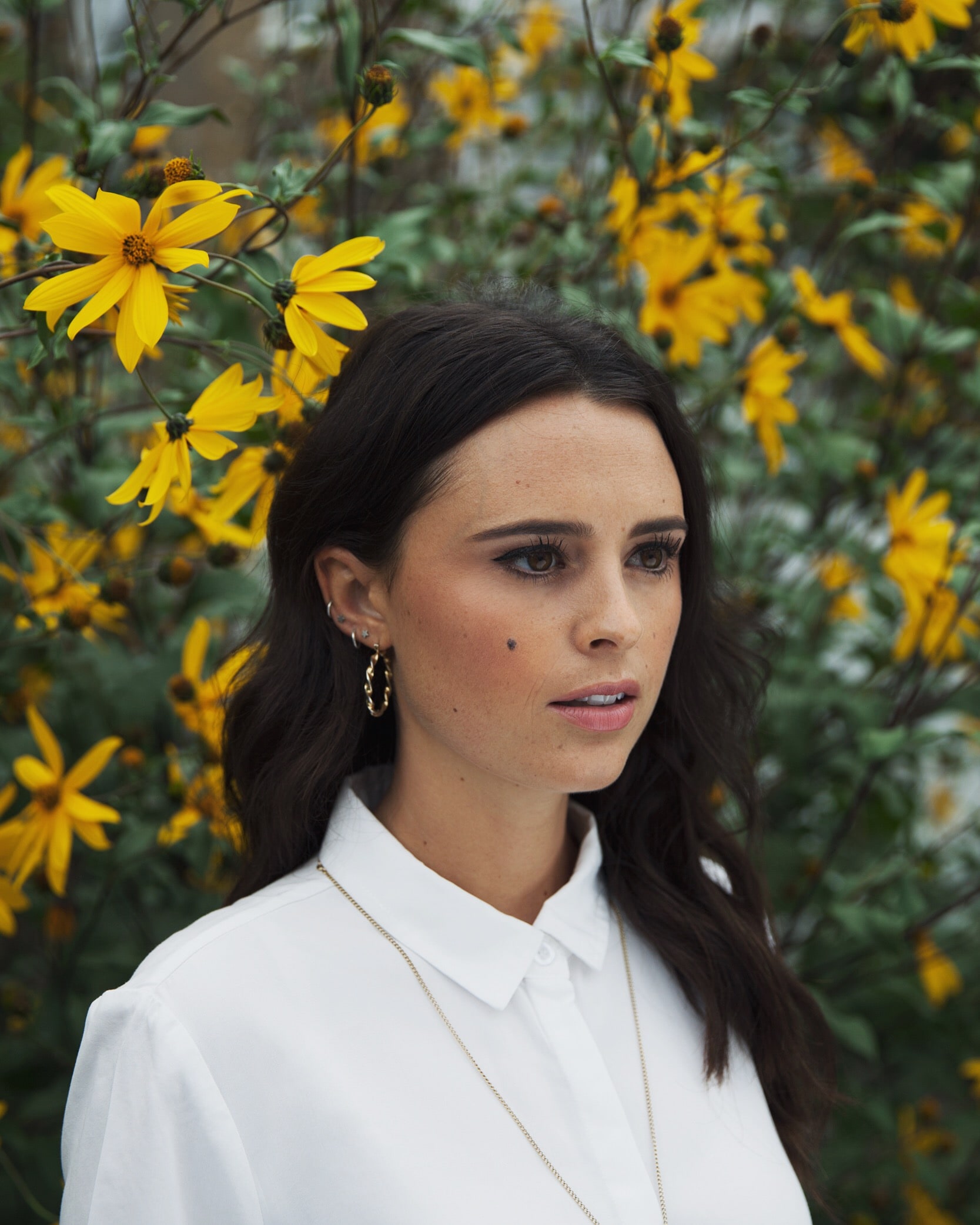
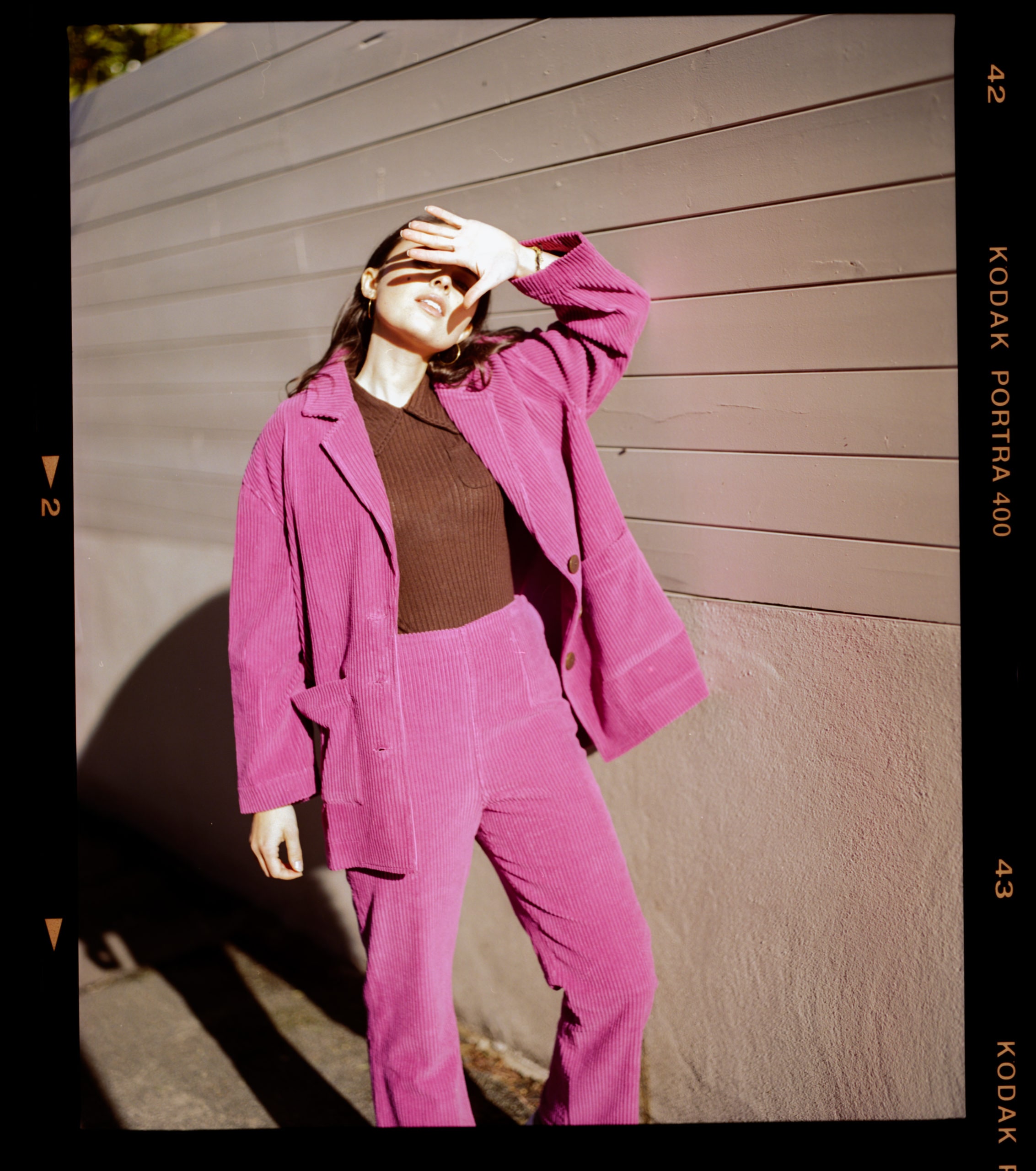
Venetia La Manna, digital content creator and fair-fashion campaigner
She’s optimistic that things are changing and improving, , albeit slowly, from the consumer habits and expectations of the women that follow her to potentially game-changing legislation being introduced across the EU and the US, spanning everything from fair living wages to clamping down on greenwashing. “Individual action is really important, and I do think more people are joining this movement every single day, seeing how you can save money and still look stylish and be part of something that’s exciting,” she says. “But that needs to be matched and the pressure should be on the people and organisations at the top to make those all-important legislative and policy changes. That will be the thing that really changes the industry.”
La Manna knows that, in the face of unprecedented heatwaves, floods and the seemingly constant expansion of brands like Shein and Pretty Little Thing, it’s all too easy to feel overwhelmed and powerless, which is why she’s as keen to emphasise the psychological benefits of breaking up with fashion as the environmental ones. “The best thing for me about slowing my fashion consumption is that I feel so much better, mentally, for it,” she says. “Constantly buying things just doesn’t make you feel great. I feel much calmer and more obsessed with my clothes than ever now, and when I actually do bring something new into my home and into my wardrobe, I’m so excited about it.” A natural optimist, she draws strength from game-changing social justice movements of the past, comforting herself with the knowledge that, even if it’s with one step forwards and two back, positive change can and will happen. And she knows that burning herself out mentally or physically in the process of fighting for it means that she won’t be able to do justice to her work or relationships, which is why she builds everything from meditation to phone-free time into her day. “Caring for ourselves and our mental health is so important,” she says. “I passionately believe that we’re only in a position to care for and rally for a better planet that’s liveable for everyone if we’re feeling good, healthy and joyful ourselves.”
